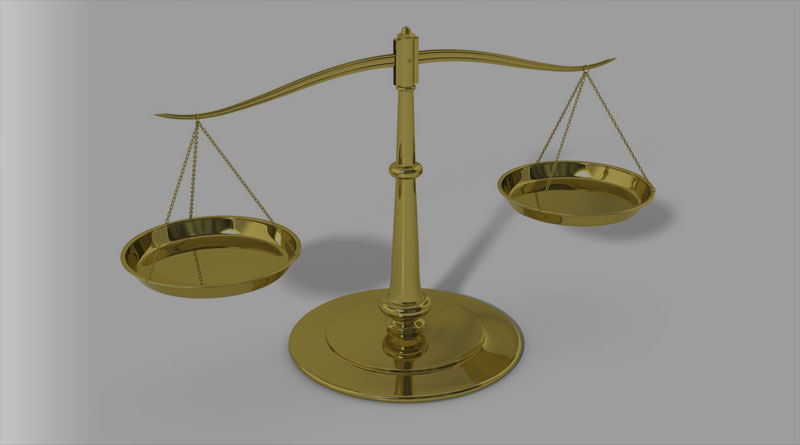Let’s recap. We spoke about beginning in a study from the first verse in the Bible, Genesis 1:1. The first question that popped up from this verse is that it spoke of a God. Who is this God?
We established from a study of the New Testament scriptures that the Creator is in fact, Jesus. Secondly, we established that Jesus is the image of the invisible God, and every appearance and voice of God phenomena experienced in the Old Testament, was, in fact, an experience of Jesus.
This is where the study gets difficult, and for some hard to accept. So from the get go, I need to clarify some things first.
- Jesus is absolutely God. Fully God, and Fully man, He was the Creator of everything. (John 1:1-3)
- I have to say this again, Jesus is God, not a prophet, not a mighty man of God, not a man indwelt by the spirit of Christ, none of those, He is fully God.
- I am not a Trinity denier, however, forcing the strict narrative of the Trinity:
- Makes us lose the heart and mind of Christ.
- It forces us to deny truths in parts of scripture
So please don’t say I do not believe Jesus is God, and do not say I reject the concept of the Trinity.
Now, this topic is about equality in the Godhead. I am going to show you how pushing the narrative of the Trinity can lead to dangerous doctrines as well. The most famous verses quoted to show the equality of the Father and the Son are:
Joh 10:30 I and my Father are one.
1Jn 5:7 For there are three that bear record in heaven, the Father, the Word, and the Holy Ghost: and these three are one.
Joh 14:11 Believe me that I am in the Father, and the Father in me: or else believe me for the very works’ sake.
Joh 1:1 In the beginning was the Word, and the Word was with God, and the Word was God.
Starting this discussion we have to focus on the word “one” and determine whether this implies equality. Oneness can have a form of sameness to it, however, if we have to apply the meaning of equality to the word one we are going to run into some serious theological problems. Here’s why:
In a similar vein of thought as the verses above, Jesus makes the following statement:
John 17:21 That they all may be one; as thou, Father, art in me, and I in thee, that they also may be one in us: that the world may believe that thou hast sent me.
So here is the conundrum. If you want to paint the narrative that we can be God, then this is how you will do it. Because if one means equal, then this verse indicates that we are equal with both the Father and the Son, effectively making us gods and part of the Trinity. This means our religion immediately changes and we move from monotheism to polytheism and we have to accept the fact that Godhood does not mean perfection or holiness because no man is that here on earth.
This makes it absolutely clear that we cannot use this oneness as equality because Scripture will not allow for men that inherited salvation to stand in equality with the creator or His Father, or His Spirit. We will unpack the idea of oneness in a future Study.
To finish off part 1 of the equality study, I’d like you to consider the following statements Jesus made:
Joh_13:16 Verily, verily, I say unto you, The servant is not greater than his lord; neither he that is sent greater than he that sent him.
and
Joh_14:28 Ye have heard how I said unto you, I go away, and come again unto you. If ye loved me, ye would rejoice, because I said, I go unto the Father: for my Father is greater than I.
These are really thought provoking and eye opening statements. Meditate on these two verses first. We will discuss their depth in the next study.

